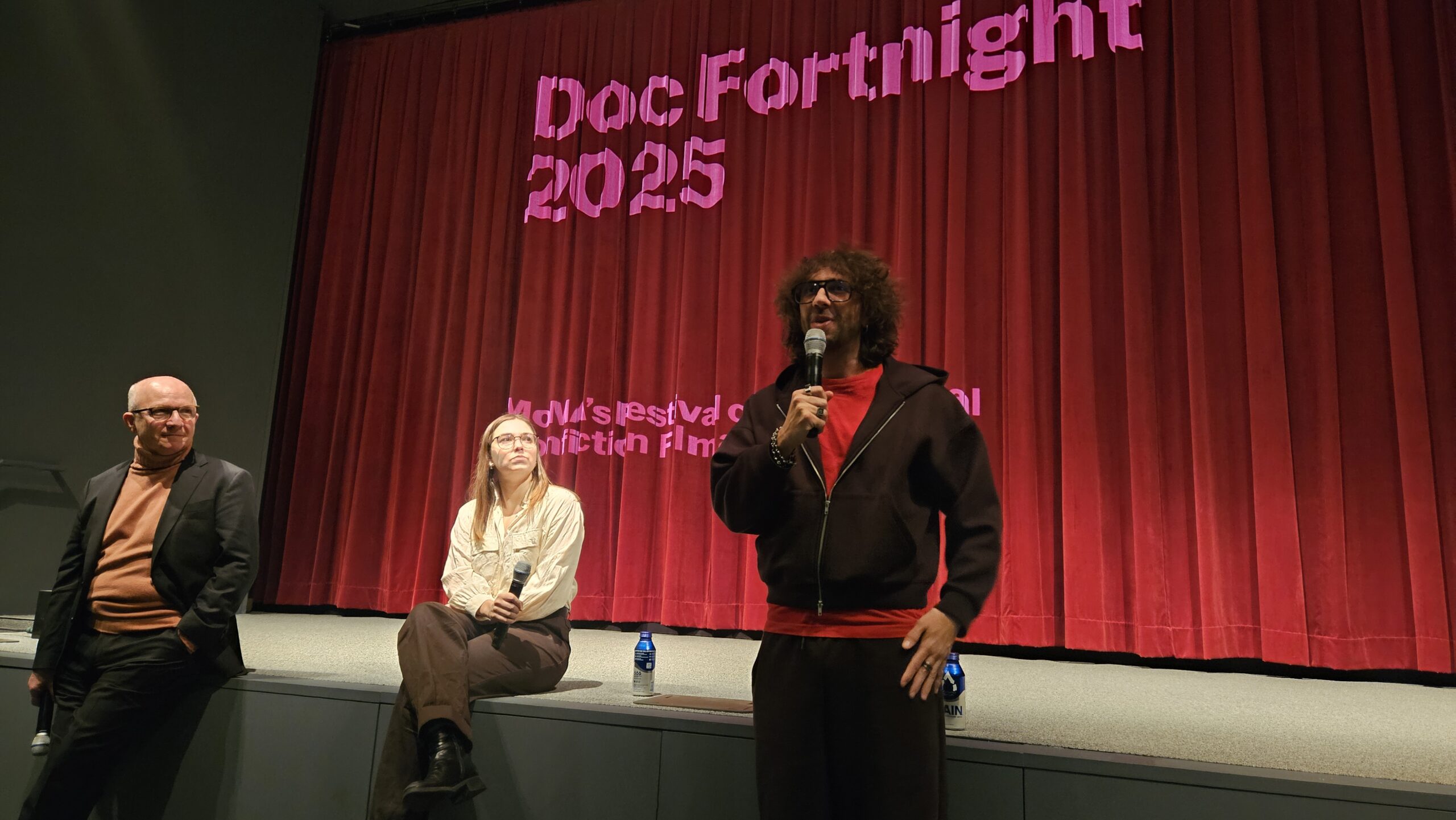Fresh off a celebrated run at Sundance and a major showcase at MoMA’s Doc Fortnight, GEN_, the latest documentary from Gianluca Matarrese, is making waves with its unfiltered look at gender identity and assisted reproduction in Italy.
The film follows Dr. Maurizio Bini, a gynecologist and endocrinology specialist at Milan’s Niguarda Hospital, as he navigates two deeply personal and highly politicized medical fields: fertility treatments and gender transition care. Every day, Bini works with couples pursuing assisted reproduction and transgender individuals seeking to align their bodies with their identities. At first glance, their struggles may seem worlds apart, but at the core, both journeys stem from the same fundamental need—to be seen and affirmed for who they truly are.
After screening at the Sundance Film Festival, GEN_ landed at the Museum of Modern Art in New York, where it became a festival highlight. The documentary takes viewers inside Italy’s healthcare system, where bureaucracy and societal biases often turn medical procedures into grueling endurance tests. “Every patient who comes to me carries the weight of enormous hopes and impossible questions”, Bini says in the film. “And too often, the answers aren’t just about medicine”.
At the heart of GEN_ is Italy’s restrictive approach to assisted reproduction. Under Law 40/2004, single individuals and same-sex couples are banned from accessing heterologous fertilization, while even infertile heterosexual couples face significant legal hurdles. “Every request I receive boils down to the same dilemma”, Bini reflects. “How far can we go to achieve what we desire?”. With tight regulations and steep costs, many patients are left with two options: endure years of legal and financial obstacles or travel abroad, where the same procedures are far more accessible. “It’s not just about money”, Matarrese notes. “It’s about the tension between hope and frustration, between the right to choose and the burden of having to justify that choice”.

For those undergoing gender transition, the process is just as fraught. In Italy, hormone therapy and gender-affirming surgery come with an exhausting series of legal and medical gatekeeping. Patients must navigate court proceedings and psychiatric evaluations before accessing treatment, turning an already challenging journey into an uphill battle. “Some of my patients have been waiting for years”, Bini explains. “They know exactly who they are, yet they have to fight every step of the way to be recognized—both legally and physically”.
Matarrese doesn’t rely on narration or emotional cues to guide the audience. GEN_ strips away the noise and lets the subjects tell their own stories. No sentimental music, no dramatized interviews—just raw moments of struggle, waiting, and resilience. “I didn’t want a didactic film”, the director says. “I wanted to show reality as it is.”
As the film sheds light on Italy’s rigid policies, it also contrasts them with the patchwork of laws in the U.S. While states like California and Massachusetts provide relatively open access to both assisted reproduction and gender-affirming care, others—like Texas and Florida—are tightening restrictions. Most notably, on January 28, 2025, President Donald Trump signed an executive order barring individuals under 19 from accessing gender-affirming medical treatments, cutting off federal funding for puberty blockers, hormone therapy, and surgery. The move deepens the divide between progressive and restrictive states, turning healthcare into a battleground.
GEN_ doesn’t attempt to offer solutions—it simply holds up a mirror. By stepping into the lives of Bini’s patients, the film lays bare the quiet but relentless fight for autonomy over one’s body. Whether in a doctor’s office in Milan or a courtroom in Texas, the question remains the same: who gets to decide what is possible?











